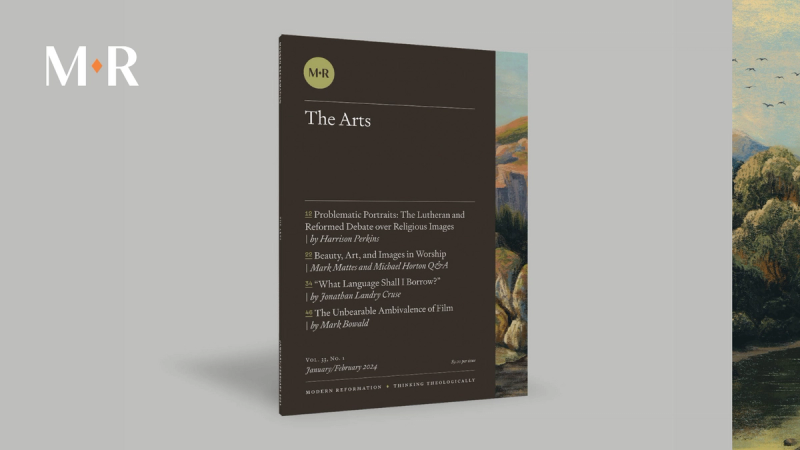Growing up, I always wanted to be an artist. I drew in my sketchbook whenever I had free time (all right, even when I was supposed to be doing something else). I don’t draw much anymore; I’ve long since moved on to other creative outlets. But I’m still awed by the deep magic of starting with a blank surface and ending with an image representing something in the real world or pulled straight from the imagination. Not only can skilled artists convey representations, but they are also capable of conveying emotions. Is anything more moving than music? Is anything more powerful than story?
Being creative isn’t like having absolute perfect pitch—an innate gift possessed only by the fortunate few. We all enjoy the gift of creativity because every one of us is made in the likeness of our Creator. And we can cultivate this gift into something more beautiful than what we started with. Creative endeavor—which happens every time we take nothing and make it something, or do more with less, or take this and transform it into that—is one of the brightest and clearest ways we reflect God’s image.
Nevertheless, some of us are called to devote ourselves to the arts—to cultivating the beautiful fruits of human creativity in especially committed and skillful ways, not only for our own enjoyment but to bless others. Historically, Christians have been great patrons of the arts, celebrating this wonderful gift from our generous Father.
In this first Modern Reformation issue of the new year, we’re offering a theological perspective on a small sampling of the creative arts, and in this way hoping to contribute to helping fellow Christians evaluate, appreciate, and participate in them with enthusiasm and care. To supplement this issue, I interviewed a printmaker, Carla Meberg, about her journey as a Christian, an artist, and a patron of the arts (which you can find at modernreformation.org/artsinterview). We’ve even decided to include a feature on the arts in each of the subsequent issues throughout this year.
My favorite thing about art is how delightfully needless it seems. In The Four Loves, C. S. Lewis compares art to friendship and philosophy, each sublime yet utterly “unnecessary.” Like love or joy, art “has no survival value; rather it is one of those things which give value to survival.” Air and water are precious because we can’t live without them. Art and music are precious because, without them, we wouldn’t want to.
Especially in our utilitarian, pragmatic culture, art feels not only unnecessary but also indulgent. Irresponsible. Excessive. In these ways, art hints at an even greater mystery, an even deeper magic: grace. In his novel The Idiot, Dostoevsky remarked without explanation, “Beauty will save the world.” Surely, this is what he meant: the Creator must save. In God’s seemingly irresponsible, excessive display of “the riches of his grace, which he lavished” upon undeserving sinners in Jesus Christ (Eph. 1:7–8), he shows us that what is least necessary—the costliest gift “lovingly crafted” and freely given—is what we need most.





